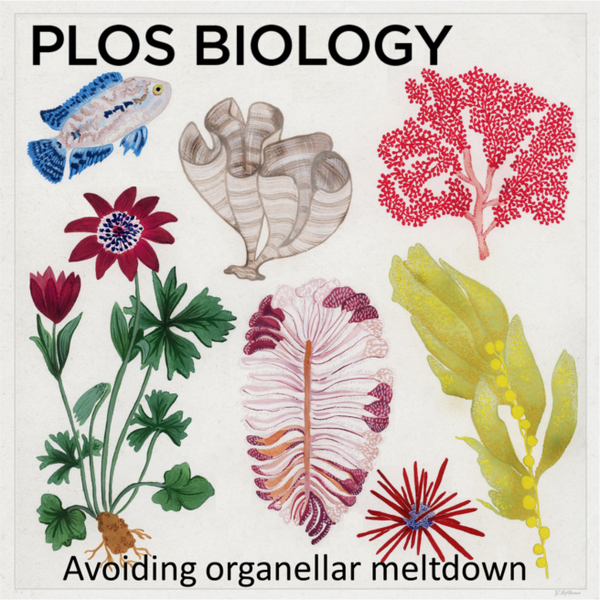
The long-held belief that experimental standardization begets replicability has recently been challenged – based on the observation that the reduction of variability within studies can lead to lab-specific results that cannot be replicated. An alternative approach is to deliberately introduce heterogeneity, known as “heterogenization” of experimental design.
In this article, the authors explore a novel perspective in the heterogenization program in a meta-analysis of variability in observed phenotypic outcomes in both control and experimental animal models of ischemic stroke.
For example, it is illustrated in the article how meta-analysis can be used to simultaneously assess efficacy and stability (i.e., mean effect and among-individual variability). The authors identify treatments that have efficacy and are generalizable to the population level (i.e., low interindividual variability), as well as those where there is high interindividual variability in response; for these, latter treatments translation to a clinical setting may require nuance.
The authors argue that by embracing rather than seeking to minimize variability in phenotypic outcomes, we can motivate the shift toward heterogenization and improve both the replicability and generalizability of preclinical research.
0 Comments
Leave A Comment